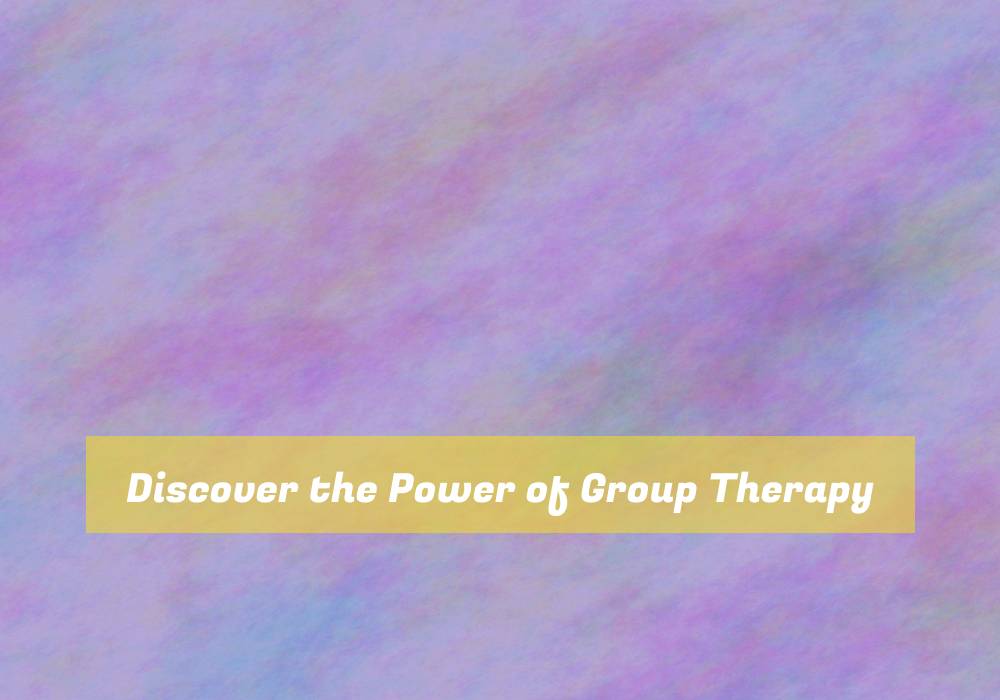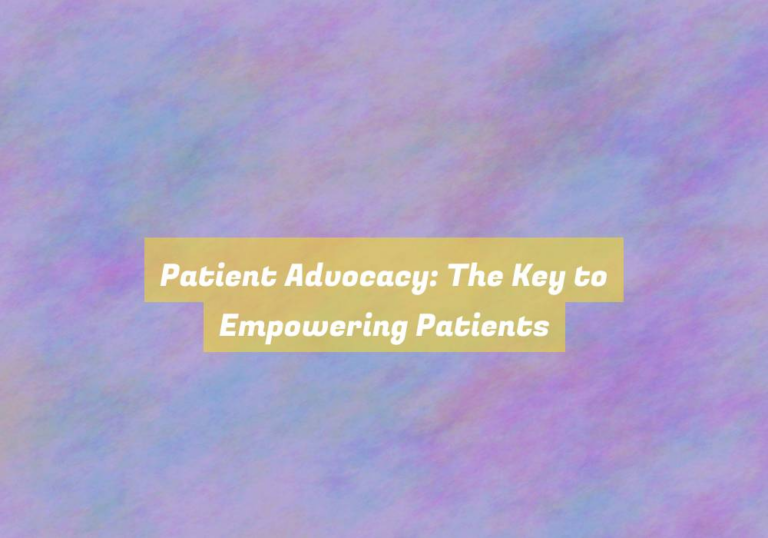Discover the Power of Group Therapy
Imagine being lost in a dense forest, trying to find your way out on your own. YouG??re exhausted, frustrated, and feeling hopeless when suddenly, you stumble upon a group of fellow travelers who are also seeking their way out.
As you join forces, sharing experiences and offering each other support, you begin to realize the power of collaboration and shared understanding.
Group therapy operates on a similar principle, offering individuals the opportunity to navigate their mental and emotional challenges in the company of others who can relate.
But what exactly makes group therapy so impactful, and how can it benefit you?
Benefits of Group Therapy
In group therapy, individuals can benefit from the shared experiences and perspectives of others, leading to a greater sense of understanding and support. When you participate in group therapy, you have the opportunity to connect with people whoG??ve faced similar challenges. This can be incredibly comforting, knowing that you arenG??t alone in your struggles.
Hearing others share their stories can also provide valuable insights and new perspectives that you may not have considered before. You may find that as you listen to others and share your own experiences, you develop a deeper sense of empathy and compassion for both yourself and those around you.
The support and encouragement from the group can boost your confidence and sense of belonging. Additionally, being part of a group can help you build social skills and improve how you relate to others, which can positively impact your relationships outside of the therapy setting.
Types of Group Therapy
As you explore the various types of group therapy, youG??ll discover how different approaches can further enhance the sense of understanding and support that comes from shared experiences and diverse perspectives.
One common type is psychoeducational groups, which focus on providing education and information about specific issues such as anxiety management, coping with depression, or relationship skills. These groups often incorporate discussions and practical exercises to help members develop new skills and understanding.
Another type is support groups, where individuals facing similar challenges come together to share their experiences, offer empathy, and provide each other with emotional support. Support groups can be focused on various topics including grief, addiction recovery, chronic illnesses, and more. They offer a space for individuals to feel understood and less alone in their struggles.
Furthermore, process-oriented groups emphasize interpersonal interactions, communication patterns, and emotional expression within the group dynamic. Members have the opportunity to explore their thoughts and feelings, gain insight into relational patterns, and receive feedback from others. This type of group therapy can be particularly beneficial for individuals looking to improve their communication and relational skills.
How Group Therapy Works
Participating in group therapy allows individuals to gain insight from othersG?? experiences, offer support, and develop interpersonal skills in a supportive environment. Group therapy works by providing a space for individuals to share their thoughts, feelings, and experiences with others who may have similar struggles. Through this process, members can gain a sense of validation, realizing that they arenG??t alone in their challenges. The group setting also offers opportunities for individuals to receive multiple perspectives and feedback on their concerns, which can lead to new insights and personal growth.
Furthermore, group therapy operates on the principle of universality, where individuals recognize commonalities with others, reducing feelings of isolation. This shared experience fosters empathy and understanding among group members. Additionally, the group dynamic allows for the development of interpersonal skills, such as active listening, effective communication, and conflict resolution. These skills can then be transferred to individualsG?? relationships outside of the therapy setting, contributing to improved social functioning and emotional well-being.
Finding the Right Group
Finding the right group for you involves considering your specific needs and goals for therapy, as well as ensuring that the group dynamic and focus align with your preferences and comfort level.
Start by identifying the type of support you require, whether itG??s for anxiety, depression, addiction, or another issue. Consider whether you prefer a more structured approach, such as cognitive-behavioral therapy, or a more open-ended, process-oriented group.
Think about the size of the group as well; some people thrive in larger settings, while others prefer a more intimate gathering. ItG??s also important to take into account the demographics of the group, including age, gender, and cultural background, as these factors can influence your comfort level and sense of belonging.
Additionally, assess logistics such as location, timing, and cost to ensure that the group is accessible and convenient for you.
Lastly, trust your instincts; if a group doesnG??t feel like the right fit, keep looking. Your therapy experience will be most beneficial when the group setting resonates with your individual needs and preferences.
Conclusion
So, if youG??re looking for a supportive and effective way to work through your challenges, consider giving group therapy a try.
The benefits of sharing experiences and receiving feedback from others in a safe and confidential setting can be truly transformative.
With various types of group therapy available, you can find the right fit for your needs and start your journey towards healing and growth.
DonG??t hesitate to explore the power of group therapy today.





